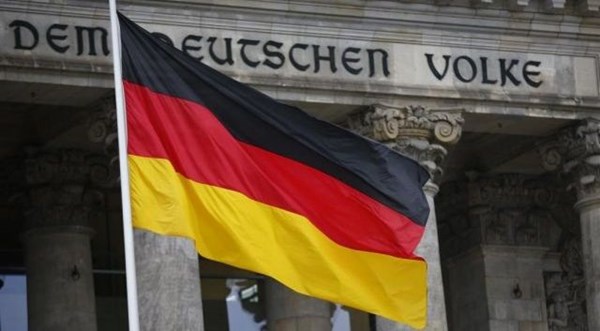Covert gathering in Baku: German and Russian politicians discuss reviving the 'Petersburg Dialogue'
Russian and German political officials reportedly met in Baku for a covert meeting assumed to focus on the future of the "Petersburg Dialogue." This forum, an intricate symbol of bilateral relations, became defunct following the eruption of hostilities between Russia and Ukraine. The gathering captured attention on Wednesday, May 8, when German public broadcaster ARD and Die Zeit highlighted the proceedings.
Representing Germany were prominent figures like Ralf Stegner, a seasoned foreign policy strategist from the Social Democratic Party (SPD), ex-head of the Federal Chancellery Ronald Pofalla, Christian Democrat Stephan Holthoff-Pförtner, who formerly managed federal and European affairs in the North Rhine-Westphalia government, and Martin Hoffmann, a past Executive Director of the "Petersburg Dialogue."
They confirmed their presence, maintaining it was a private endeavor, without governmental backing or financial support. The German Foreign Ministry echoed this stance, clarifying that these dialogues were not state-sponsored. Additionally, Swiss diplomat Thomas Greminger, ex-OSCE Secretary-General, was noted to have been in Baku, though he refrained from comments.
On the Russian side, the assembly featured Viktor Zubkov, once Russia’s Prime Minister and current chairman of Gazprom’s board, leading the "Petersburg Dialogue" from the Russian side. Valery Fadeev, chair of the Human Rights Council under Russia’s President, also participated. The meet marks at least the third occurrence, with similarly comprised delegations having met twice in Baku during 2024.
Details on the discussions were scarce, only alluding to talks about reviving the "Petersburg Dialogue," originally initiated by Putin and ex-German Chancellor Gerhard Schröder in 2001. It was stopped post-Russia's Ukraine invasion.
Journalists noted significant scrutiny surrounds Ralf Stegner, once a Bundestag member overseeing Germany's intelligence services. ARD outlines his privileged knowledge as particularly appealing to Russian interests.
Marie-Agnès Strack-Zimmermann, the FDP's security policy specialist and a Member of the European Parliament, voiced strong reservations against Stegner’s inclusion in key committees of the new Bundestag, citing the need for candidates to be "untouchable and trustworthy" – a standard she claims he does not meet.
